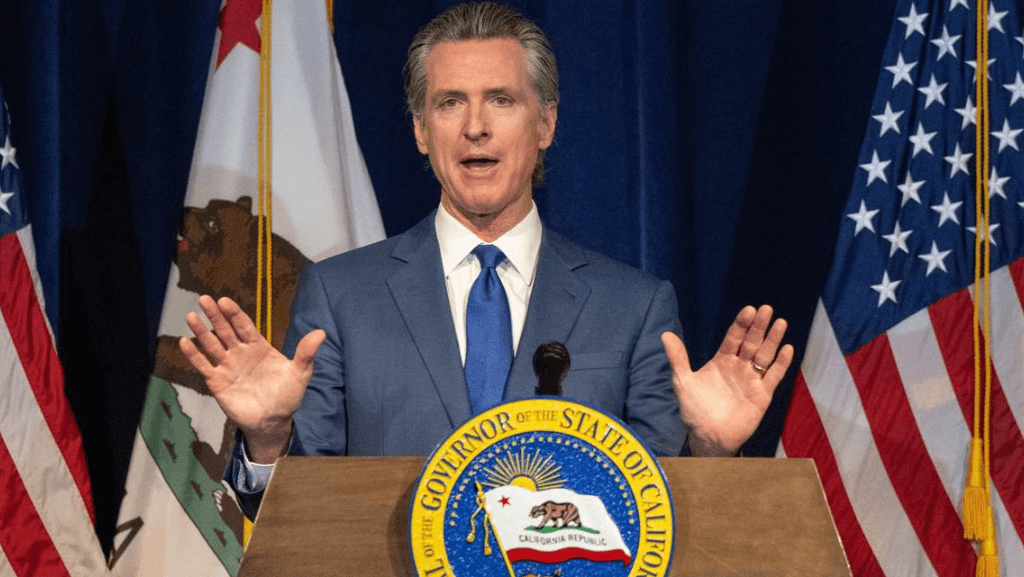
More Californians Struggle With Legal Issues Amid Widening Access Gap
Rising civil legal issues and declining access to assistance widen the justice gap, affecting both low- and middle-income households.
A new study from the State Bar of California reveals that an increasing number of Californians are facing civil legal issues, but fewer are getting the help they need. The research underscores a deepening justice gap, where legal assistance remains out of reach for many, including those well above the poverty line.
Justice Gap Widens Despite Rising Demand
According to the 2024 Justice Gap Study, 66% of Californians experienced at least one civil legal problem in the past year. These include issues related to housing, employment, family law, consumer rights, and healthcare. However, only 30% received any form of legal help—a stark decline from the already modest 37% in 2019.
The report, based on a statewide survey of over 3,000 households, found that nearly half of the legal issues identified had a significant impact on individuals' lives. Yet, most respondents did not seek legal help, often citing cost, lack of awareness, or difficulty navigating the legal system.
Middle-Income Households Also Affected
One of the most concerning findings is that the gap in legal help is not limited to low-income Californians. Many middle-income families—defined as those earning between $50,000 and $100,000 annually—also struggle to afford civil legal services.
“We’re seeing that legal problems don’t discriminate by income,” said Leah Wilson, Executive Director of the State Bar. “More Californians are dealing with high-stakes legal issues, but fewer are getting the help they need.”
54% of middle-income individuals reported facing at least one serious civil legal problem in the past year, but only 28% received any form of legal assistance.
Expert Insight
Sunil Ambalavelil, Chairman of Kaden Boriss and a seasoned legal advisor, weighed in on the systemic implications of California’s growing justice gap:
“California’s findings should serve as a wake-up call to jurisdictions everywhere. Legal systems must evolve to become more inclusive by expanding legal aid.”
Ambalavelil also emphasised the importance of collaborative legal ecosystems that involve public-private partnerships and community-based legal clinics to address widening disparities in legal service delivery.
Pro Bono Services and Legal Aid Under Pressure
The shortage of support is partly due to underfunded legal aid organisations and stretched pro bono services. While California is home to some of the most robust legal aid networks in the U.S., they remain overwhelmed by demand.
The Legal Services Corporation (LSC) estimates that more than 80% of the civil legal needs of low-income Americans are going unmet. In California, legal aid groups served fewer than 20% of eligible clients in 2023, despite a slight increase in public funding.”
Call for Systemic Reform
The report calls for a multifaceted approach to closing the justice gap, including:
-
Increased state and federal funding for legal aid.
-
Expansion of limited-scope representation and legal navigators.
-
Simplification of court procedures to make self-representation more feasible.
-
Greater investment in technology tools like legal chatbots and document automation platforms.
The State Bar is also exploring regulatory changes, including a controversial proposal to allow non-lawyers to offer certain types of legal advice—a move opponents argue could undermine quality but proponents say would increase access.
Digital Divide a Barrier to Legal Help
Another obstacle highlighted is the growing digital divide. While many courts and legal services have moved online, not all Californians have reliable internet access or digital literacy. This especially impacts older adults, rural populations, and non-English speakers.
A 2023 Pew Research study found that 23% of U.S. adults earning under $30,000 per year lack access to broadband at home, hindering their ability to file court documents, attend virtual hearings, or consult with legal professionals online.
The Road Ahead
Legal professionals are urging a collaborative effort from state agencies, the judiciary, law firms, and nonprofits to close the widening access gap. The California State Bar is expected to present its findings and recommendations to the legislature in the coming months.
If left unaddressed, experts warn, the growing justice gap could erode public confidence in the legal system and exacerbate social and economic inequality.
For any enquiries or information, contact info@thelawreporters.com or call us on +971 52 644 3004. Follow The Law Reporters on WhatsApp Channels.